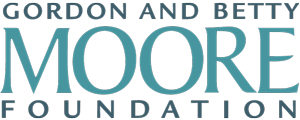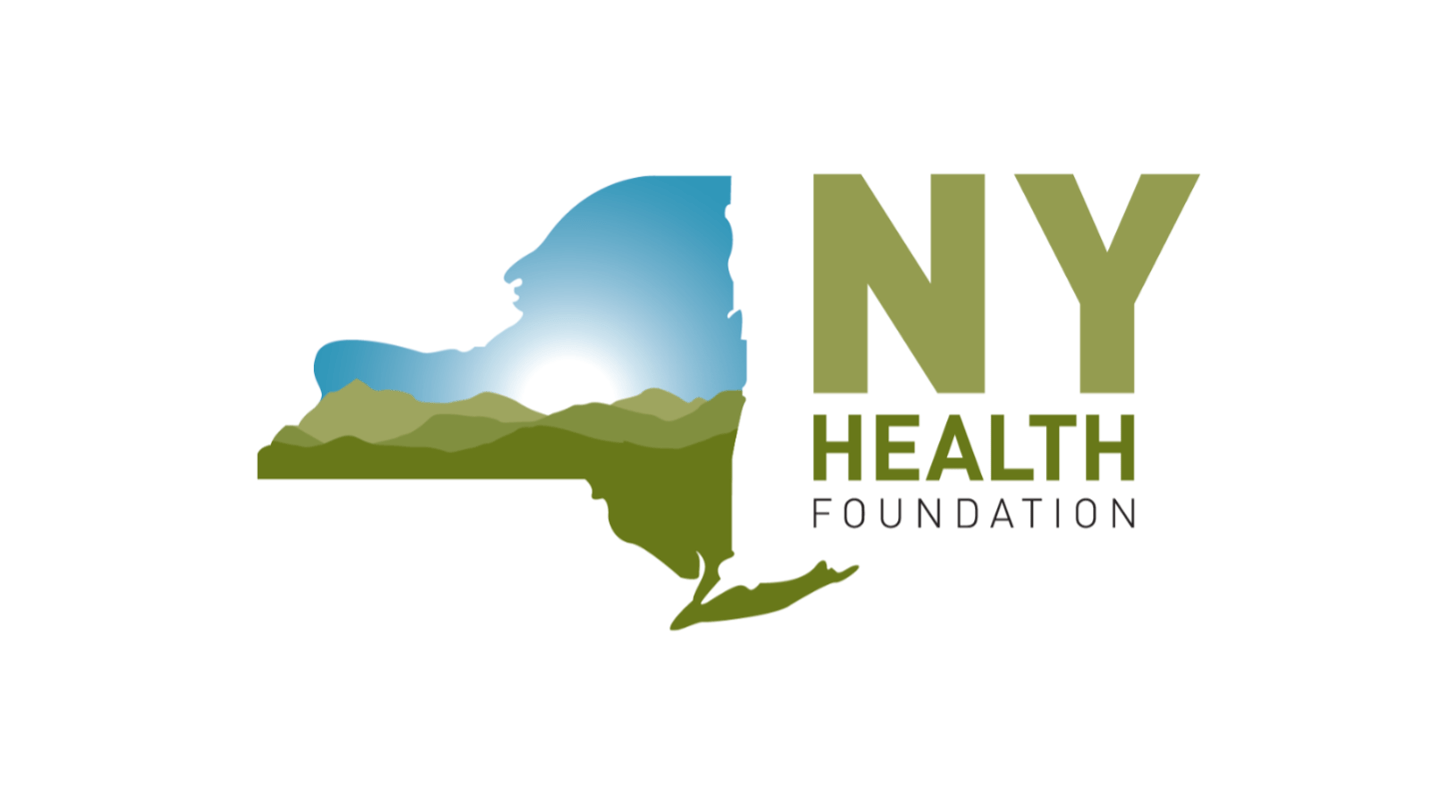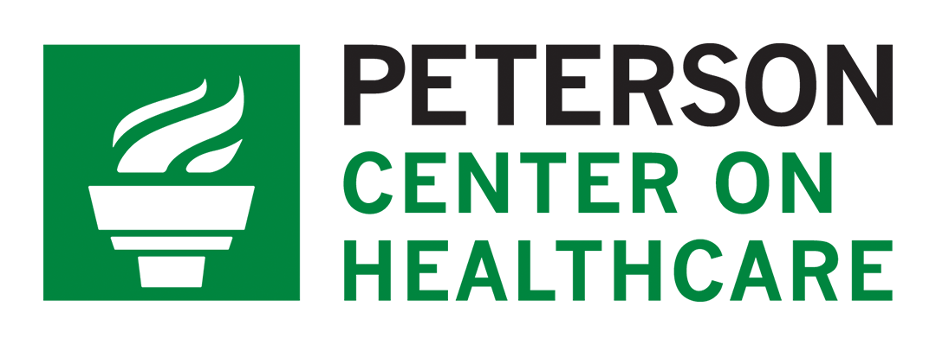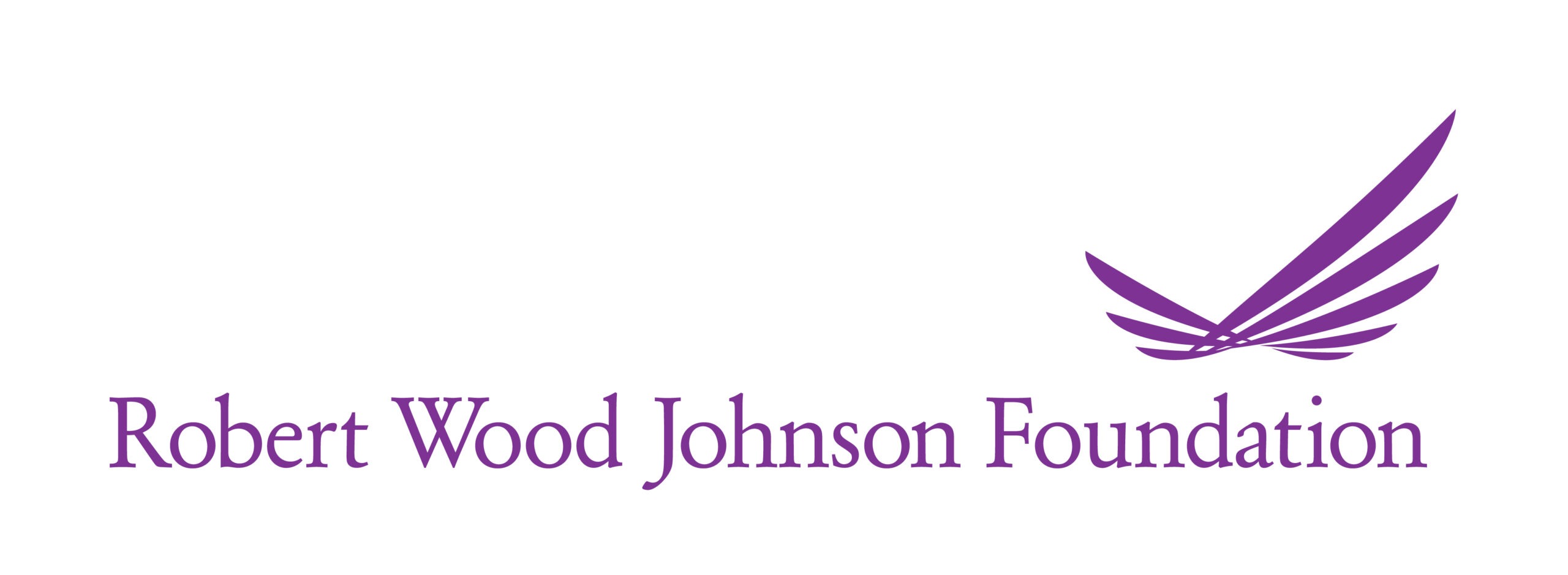Catalyst for Payment Reform is fortunate to receive current and past support from the following foundations, listed in alphabetical order:

Arnold Ventures
CPR received a grant from Arnold Ventures to study how combinations of state-based policies could act in tandem to place downward pressure on commercial prices and rebalance market power. The outputs of this research includes a series of policy “menus,” organized around use cases to help states determine which course of action best meets their needs. In the next chapter of this ongoing research, CPR will apply these menus in three pilot states to determine which policy interventions would be most impactful and most likely to garner support.

California Health Care Foundation (CHCF)
From 2012 through 2014, the California Health Care Foundation (CHCF) funded CPR’s work to develop the nation’s first-ever Scorecard to track progress on payment reform. With CHCF’s support, CPR tracked the progress of payment reform in California and published two California Scorecards in the commercial market – one in 2013 and one in 2014.

The Commonwealth Fund
In 2019, CPR received a grant from The Commonwealth Fund to examine historical efforts and future potential for purchasers who attempt to aggregate their volume in an effort to recapture market power. CPR conducted interviews, legal and regulatory research, and literature reviews to assemble insights into the forces that facilitate or hinder purchaser efforts to amass volume. CPR published its final report in 2021. From 2013-2014, CPR pioneered tracking progress of payment reform in the United States with the support of The Commonwealth Fund.

Gordon and Betty Moore Foundation
The Center to Advance Palliative Care (CAPC) via the Gordon and Betty Moore Foundation awarded CPR a grant to develop the Purchaser Toolkit for Serious Illness Care Strategies. This resource is designed to expand awareness and support of palliative care among purchasers by providing educational materials on how palliative care creates value by improving the quality of life for employees living with serious illness and reducing health care costs for employers. The Toolkit enables purchasers to develop a new palliative care strategy or infuse palliative care into existing health care programs.

New York Health Foundation
The New York Health Foundation (NYHealth) awarded CPR a grant to develop the first-ever New York Consumer Empowerment Scorecard. This project examined policies and practices in the areas of patient engagement, information transparency, and consumer protections, among other issues. This work built off of CPR’s successful Report Cards on State Price Transparency Laws and Scorecards on Payment Reform. CPR hopes this new Scorecard can serve as a model for other states to benchmark progress against each other and share best practices in the critical area of consumer empowerment. In addition, NYHealth funded CPR to track New York’s progress on payment reform in the commercial and Medicaid markets. Finally, NYHealth funded CPR via 32BJ Health Fund to develop a toolkit to help purchasers build a high-value maternity network.

Peterson Center on Healthcare
Peterson Center on Healthcare funded a multi-year initiative at CPR to help employers become more effective purchasers of healthcare. Through the Center’s grant, CPR developed new employer resources designed for both large self-insured employers and smaller firms including online education, tools, events, and hosted small-group collaboratives to help implement and evaluate value-based purchasing strategies that can lead to higher quality care at lower costs. In addition, CPR conducted product evaluations and published reports on the state of the marketplace in areas like mental health, data warehousing, and bundled payment.

Robert Wood Johnson Foundation
In 2019, CPR received a grant from Robert Wood Johnson Foundation to catalogue the strategies Medicaid agencies are pursuing to accelerate growth and innovation in payment reform through contractual mandates with their MCO contractors. The outputs of this research include an analysis of the prevalence of payment reform strategies in Medicaid Managed Care states, profiles of pioneering states that leverage MCOs as instruments of payment reform and care delivery transformation, and excerpts from the contracts themselves, is designed to help Medicaid agencies, employers and other health care purchasers learn from each other, and to spur continued innovation and accelerate effective payment reform. This grant also supported CPR’s work on tracking the nation’s progress on payment reform. RWJF funded other CPR efforts, including evaluating price transparency tools, building upon a shared agenda for payment reform, and expanding purchaser strategies to engage health plans on payment reform.
